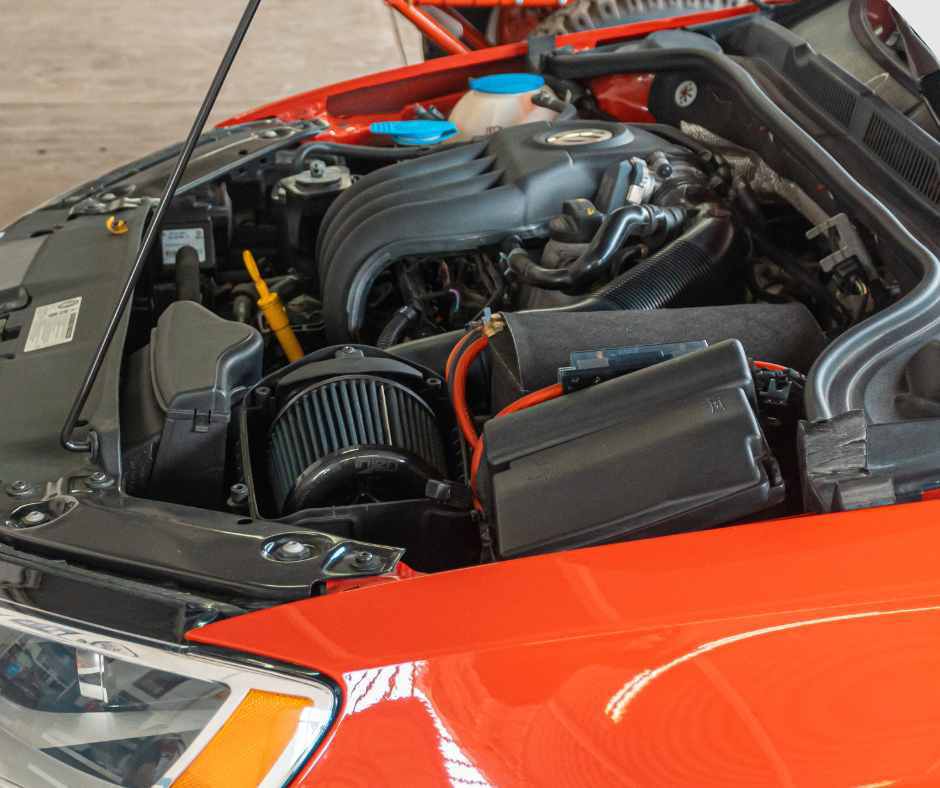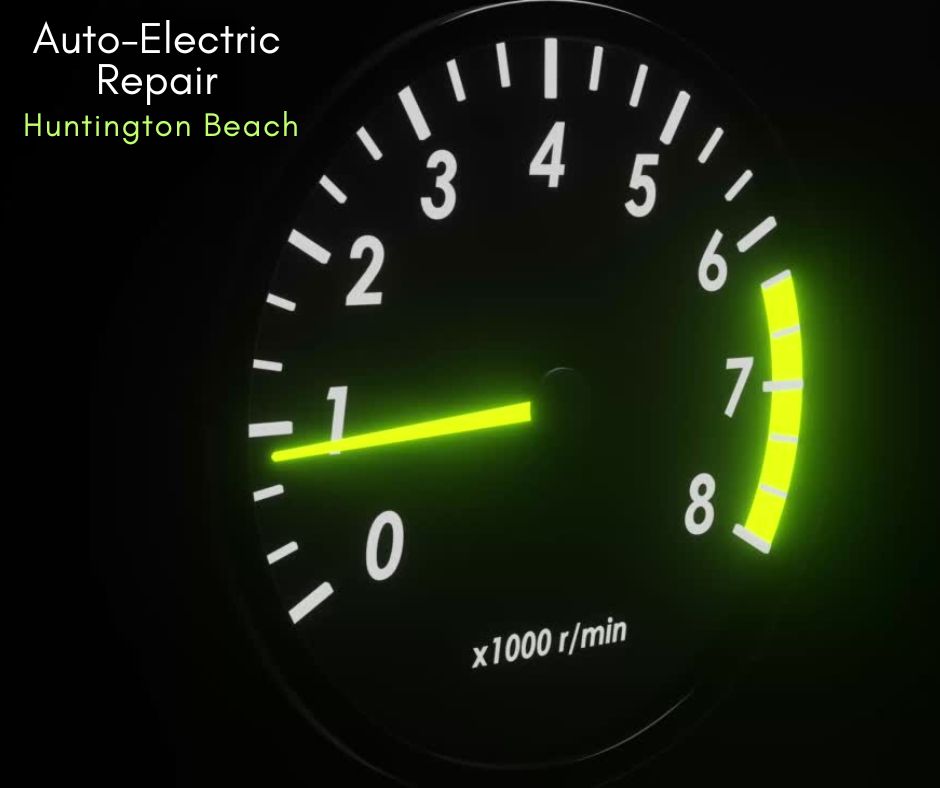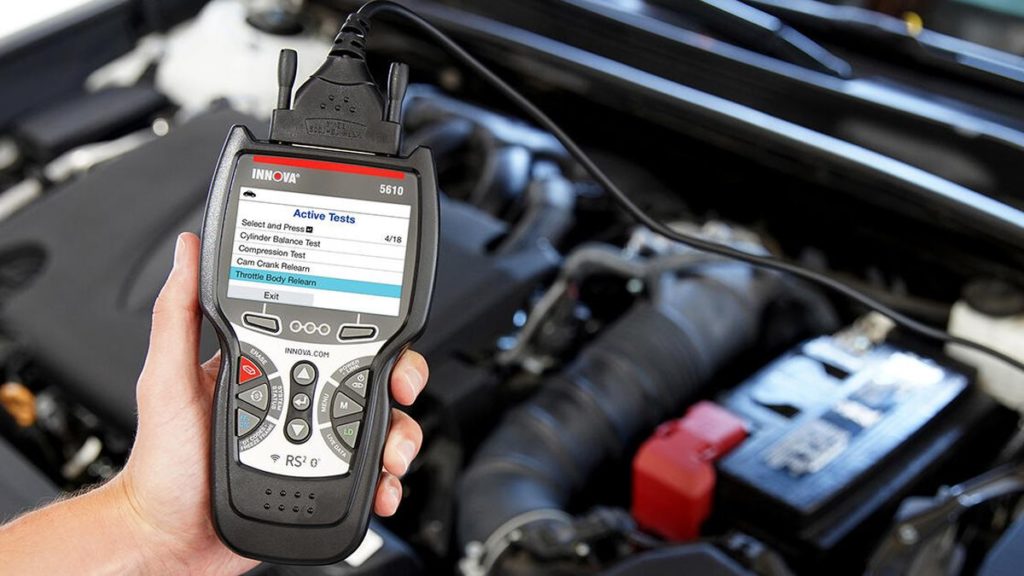Auto Electrical Repairs
Bad alternator symptoms
SHARE
The Telltale Signs of a Failing Alternator: What You Need to Know
Your car’s alternator is a crucial component that plays a vital role in keeping your vehicle running smoothly. As the heart of your car’s electrical system, the alternator is responsible for charging the battery and powering the various electrical components while the engine is running. When an alternator starts to fail, it can lead to a range of problems that can be both inconvenient and potentially dangerous. In this blog post, we’ll explore the common symptoms of a bad alternator and what you can do to address the issue.
1. Dimming Headlights
One of the most obvious signs of a failing alternator is dimming headlights. As the alternator’s output decreases, it can no longer provide enough power to keep the battery fully charged and the electrical system running at its optimal level. This can result in the headlights gradually becoming dimmer, especially when the engine is idling or when other electrical components are in use.
2. Battery Drain
Another telltale sign of a bad alternator is a rapidly draining battery. If you notice that your battery is losing its charge quickly, even after a long drive, it could be an indication that the alternator is not properly charging the battery. This can lead to the battery eventually dying, leaving you stranded and unable to start your vehicle.
3. Battery Not Charging
If you notice that your battery is not charging while the engine is running, it’s a clear sign that the alternator is not functioning correctly. This can be observed by checking the battery’s voltage with a voltmeter. A healthy alternator should maintain a voltage between 13.5 and 14.5 volts while the engine is running. If the voltage is consistently lower than this range, it’s a strong indication that the alternator needs to be replaced.
4. Electrical Issues
A failing alternator can also cause various electrical issues in your vehicle. You may notice that your dashboard lights are flickering, the radio is cutting out, or other electrical components are not working as they should. These problems can arise when the alternator is unable to provide a consistent and stable power supply to the electrical system.
5. Overcharging Battery
In some cases, a malfunctioning alternator can actually overcharge the battery, leading to a different set of problems. An overcharged battery can become hot, swell, or even leak, which can be a fire hazard. If you notice your battery is getting excessively hot or the voltage reading is consistently above 14.5 volts, it’s a sign that the alternator may be overcharging the battery.
6. Engine Stalling or Shutting Off
If the alternator is not providing enough power to the electrical system, it can cause the engine to stall or shut off completely. This can happen when the alternator is unable to keep up with the electrical demands of the vehicle, especially when multiple components are in use simultaneously.
If you experience any of these symptoms, it’s important to have your vehicle’s alternator checked by a qualified mechanic as soon as possible. Ignoring the problem can lead to further damage to your car’s electrical system and potentially leave you stranded on the side of the road.
Replacing a faulty alternator is generally a straightforward and relatively inexpensive repair, but it’s crucial to address the issue before it leads to more serious problems. By being aware of the signs of a failing alternator, you can take proactive steps to maintain the health of your vehicle’s electrical system and ensure a safe and reliable driving experience.

























